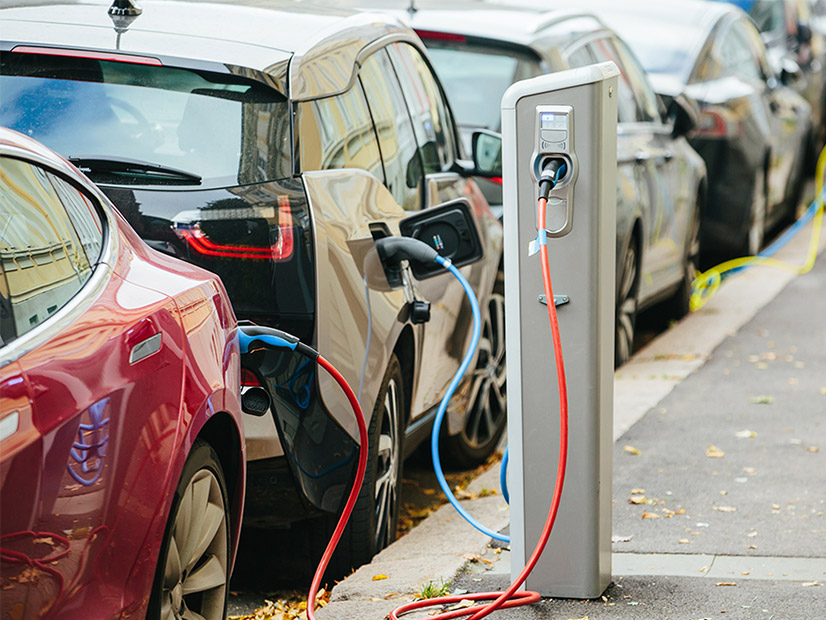The Treasury Department and the IRS on Jan. 19 released guidance on tax incentives from the Inflation Reduction Act meant to offset the cost of installing electric vehicle charging stations and other alternative refueling stations.
The IRA “has unleashed an investment and manufacturing boom in the United States unlike any we’ve seen in decades, with companies from around the world choosing to do business in America and electric vehicle sales surpassing 1 million for the first time in 2023,” Deputy Treasury Secretary Wally Adeyemo said in prepared remarks. “Additional clarity around the law’s incentive to build new charging infrastructure in communities that need it most will help drive continued progress in 2024.”
The Alternative Fuel Vehicle Refueling Property Credit offsets 30% of the cost of a qualified alternative refueling property placed into service by the taxpayer; both individuals and businesses are eligible. The credit caps out at $1,000 for personal property and $100,000 for business property.
Taxpayers can also claim the credit through “elective pay,” meaning that governments and other tax-exempt organizations making investments in infrastructure can benefit.
The credit was expanded, but the IRA also limited it to either low-income census tracts or those that are not in urban areas.
Treasury’s notice announced an intent to propose regulations to define eligible census credits, with low-income tracts following the definition it proposed for the new markets tax credit and nonurban tracts, where at least 10% of the census blocks are outside of urban areas. The Department of Energy released a mapping tool to help taxpayers find out if their census tracts are eligible.
DOE also made two major funding announcements for clean cars last week: $131 million for the battery supply chain and innovation in plug-in cars and $46 million to improve charger reliability and for workforce development.
The biggest chunk of the $131 million is going to the United States Advanced Battery Consortium of Southfield, Mich., which is getting $60 million for advanced research and development. The research will be aimed at enhanced performance and using more common, domestic materials for batteries.
The other $71 million is being spread across 27 projects aimed at lowering battery costs, improving public transportation, increasing range and advancing EV charging systems.
DOE, the Department of Transportation and the Joint Office of Energy and Transportation are putting up the $46 million, which is going to be split by 30 projects in 16 states and D.C. The projects are meant to improve chargers, support equitable access to clean transportation and grow the clean energy workforce.
The projects support clean transit and school bus deployment, enhance charger resilience to hurricanes and wildfires, and accelerate workforce development through pre-apprenticeship programs.
DOT and DOE also announced $150 million to 24 grant recipients to upgrade almost 4,500 public charging stations, which comes from the Infrastructure Investment and Jobs Act.




